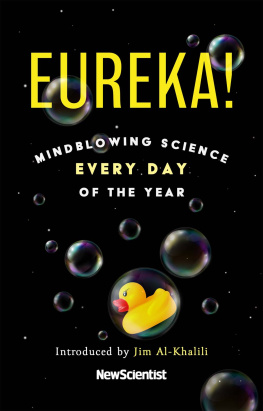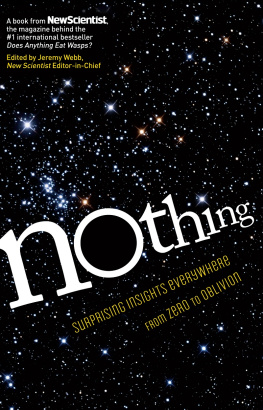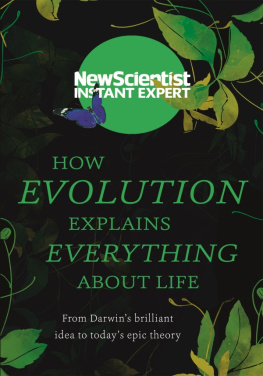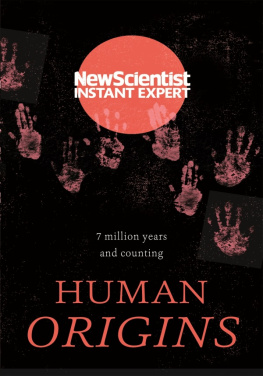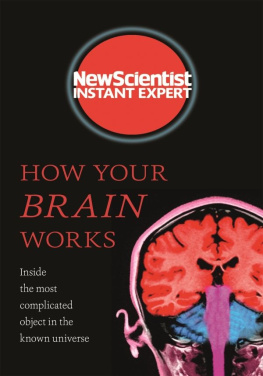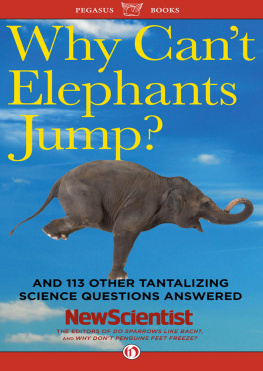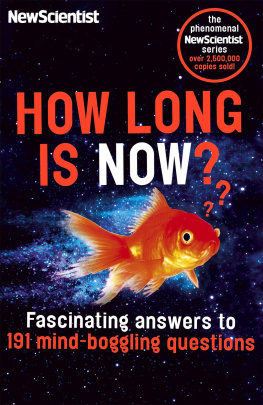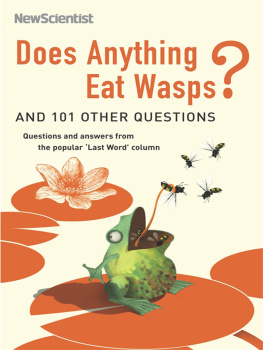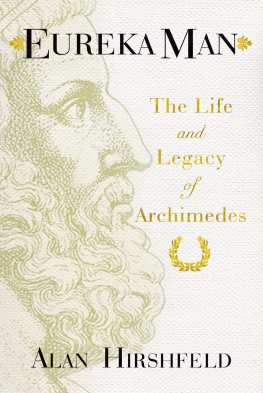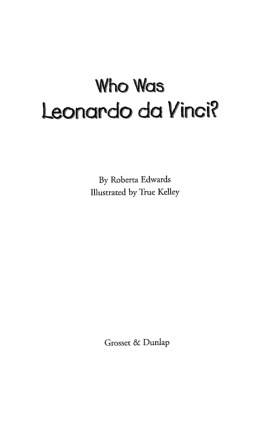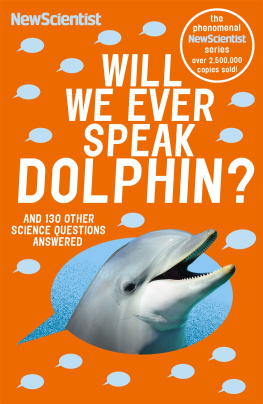Contents
Guide
CONTENTS
About the Author
Since 1956, New Scientist has established a world-beating reputation for exploring and uncovering the latest developments and discoveries in science and technology, placing them in context and exploring what they mean for the future. Each week through a variety of different channels, including print, online, social media and more, New Scientist reaches over 5 million highly engaged readers around the world.
Follow New Scientist on Twitter: @newscientist
EUREKA!
Mindblowing Science Every Day of the Year

Newscientist.com
First published in Great Britain in 2021 by John Murray (Publishers)
First published in the United States of America in 2022 by Nicholas Brealey Publishing
Imprints of John Murray Press
An Hachette UK company
Copyright New Scientist 2021
The right of New Scientist to be identified as the Author of the Work has been asserted by them in accordance with the Copyright, Designs and Patents Act 1988.
Cover image: Jacket illustrations forestgraphic/Shutterstock, Yaran/Shutterstock,
Kindlena/Shutterstock Jacket design Eric C. Wilder/Chapman & Wilder
All rights reserved.
No part of this publication may be reproduced, stored in a retrieval system, or transmitted, in any form or by any means without the prior written permission of the publisher, nor be otherwise circulated in any form of binding or cover other than that in which it is published and without a similar condition being imposed on the subsequent purchaser.
A CIP catalogue record for this title is available from the British Library
UK eBook ISBN 978-1-529-39412-2
US eBook ISBN 978-1-529-39588-4
John Murray (Publishers)
Carmelite House
50 Victoria Embankment
London EC4Y 0DZ
Nicholas Brealey Publishing
Hachette Book Group
Market Place Center, 53 State Street
Boston, MA 02109 USA
www.johnmurraypress.co.uk
www.nbuspublishing.com
newscientist.com
INTRODUCTION
T HROUGHOUT MY CHILDHOOD, at the end of every school year, my parents would buy me and my brother each a large, glossy coffee table book on some topic or other as a reward for our hard work. If Im honest, Id have preferred a football or, better still, a new bicycle, but I hope I was nevertheless grateful and appreciative.
The books ranged from encyclopaedias and atlases to stunningly colourful tomes on astronomy, anatomy, dinosaurs, plants, engineering marvels, archaeology and ancient history. We built up quite a library. These were the references I turned to when I wished to satisfy my curiosity about some subject, for this was decades before the Internet and there was no Google to help me. My parents and teachers also did what they could to fill in the gaps, just as parents and teachers have done throughout history the world over. After all, kids ask questions.
But why should this curiosity about the world be limited to inquisitive children? It is often said that we are all born natural scientists, with enquiring minds like sponges that constantly absorb information. But most of us lose this innate curiosity when we reach adulthood; we become complacent, content even, about how much we dont understand and just, well, get on with our lives. But it doesnt have to be this way (and shouldnt be, if you ask me).
There are many ways of defining what it means to think about the world in a scientific way. People often tend to think that scientists are a special breed: very smart, dedicated to their subject and born with a natural ability to see and understand the world differently, like being able to do complex mathematics or to grasp abstract concepts.
None of this is really true. Of course, there are nuanced, technical definitions of the scientific method, such as ensuring the reproducibility of experiments, or eliminating bias when you attempt to solve problems.
Without a doubt, these things are important in the practice of science. But there is one overarching characteristic that defines what it means to think scientifically. It is, simply put, to be curious about the world around us.
That doesnt mean everyone should be taking advanced courses in genetics or reading textbooks on quantum theory (although dont let me stop you if you want to!). Science is so much more than hard facts or lessons in critical thinking. It is about acknowledging the wonder and magic of even the most mundane things that we encounter in our everyday lives and wanting to find rational explanations for them. The questions in this treasure trove of a book are brilliant examples of exactly the sort of inquisitiveness I mean.
For decades, the Last Word column in New Scientist magazine has provided a weekly cornucopia of fascinating, obscure and entertaining questions posed by readers and answered by other readers. This is just a small selection of the best. Whats particularly wonderful is how so many of the questions are ones we would never have dreamed of asking in the first place, but when posed by someone else we simply have to know the answer and then share it with everyone else. Could all the water in the universe put out the sun? Ive never considered that before but as a physicist, I find the explanation on page 109 of what would happen if you tried highly plausible
Ive been a scientist and a science communicator all my adult life, so I expect I have a head start on many readers of this book. I was already familiar with some of the questions yet that wont stop me borrowing the explanations to use myself But there were also a surprising number (many months worth) that either I only partially understood before or that were completely new to me. And then there were a not-insignificant number of questions to which I thought I knew the answer, only to find I was, in fact, entirely wrong I wont be admitting which ones though!
That, however, is the true joy of science it is a never-ending journey of discovery, and finding out what we dont know is half the fun. So whether youre a science enthusiast or just someone curious about the world, I hope you enjoy this book. Its about finding the scientist in all of us, something that comes by constantly asking questions and seeking answers. Eureka to that!
Professor Jim Al-Khalili FRS
September 2021
JANUARY
FEBRUARY
MARCH
APRIL
MAY
JUNE
JULY
AUGUST

